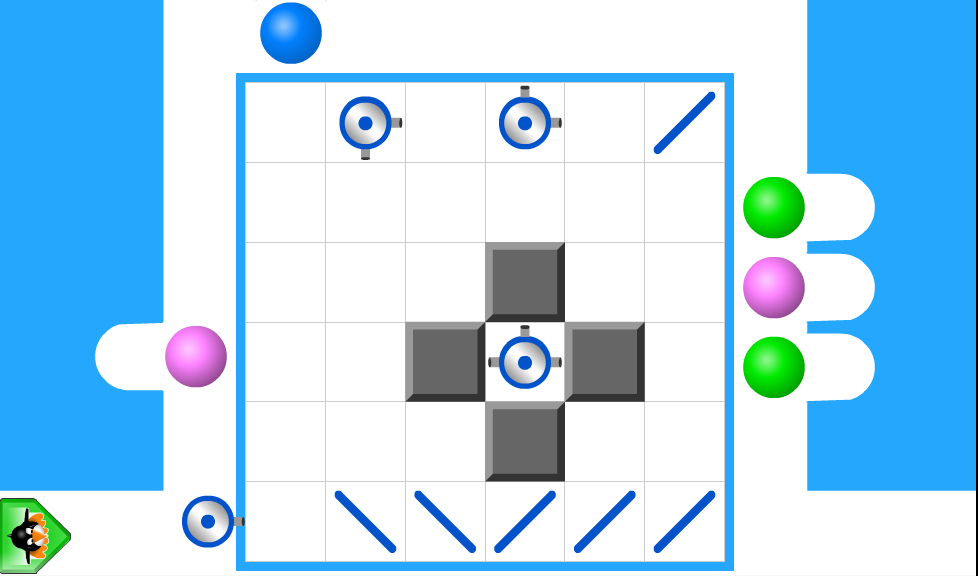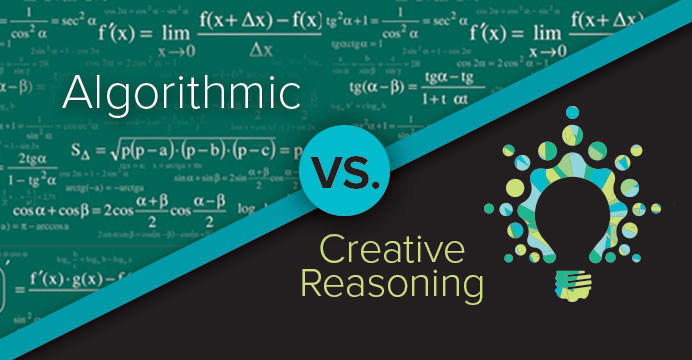Creating a student ecosystem that extends beyond the classroom is just as important as what happens inside it. For many, Math Week is not only a great way to learn math outside of school; it also helps students build their identity as mathematicians and change how they feel about learning math.
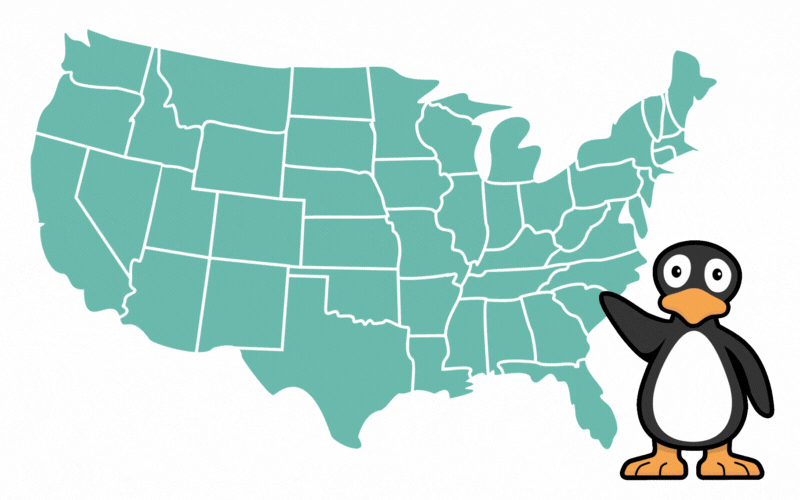
What is Math Week?
Math Week is a 5-day, free virtual math experience that combines historical and cultural elements with mathematics. It’s designed for adults and kids to engage together by exploring stories from around the world.
Each story teaches a game to play. This allows math to integrate with the broader human experience, enabling math and literacy to be a focus for schools, and offers an approachable way for families to be in the driver’s seat of the experience.
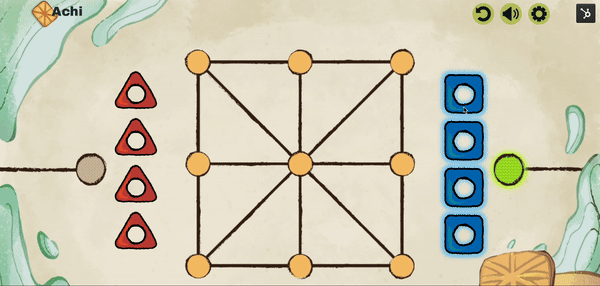
Math Week empowers parents to engage with their children without feeling like a mathematical third wheel. Parents are engaging more deeply with math than ever before, and they’re able to do so without the anxiety that may have prevented their participation in their children’s education.
One county in particular has set a new Math Week record and continues to set the national bar for what students and their families can achieve. That county is Santa Clara County Office of Education (SCCOE), and they’ve done it two years in a row!
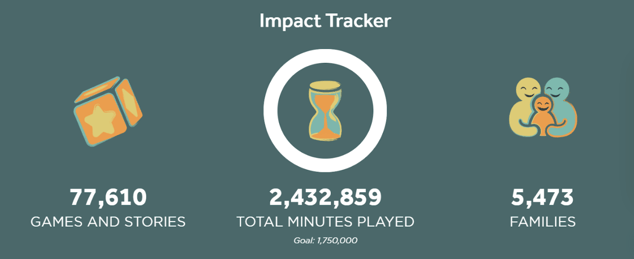
2023
When SCCOE decided to host their own math week, we talked about a minutes goal. For context, a single family math night at a school site tallies about 5,000 math minutes. SCCOE ultimately landed on 500,000 minutes in one week—that’s a lot of minutes.
As the week kicked off, teachers engaged their students in classrooms, and families continued to play at home after school. By Tuesday, SCCOE’s Math Week had already surpassed its goal—so we dove into gameplay analytics to see what was happening.
The total was accurate: over 100 family math night’s worth of minutes in a single day!
By the end of the week, SCCOE had tallied over 1.6 million math minutes. This was unprecedented: on average, each site that participated had tallied two years’ worth of family math nights in just one week. We could hardly believe it!
2024
A year later, SCCOE set their sights on 1.75 million minutes for Math Week—repeating such strong engagement from last year would be a huge success. But was the high engagement a one-and-done, or could we get solid numbers again?
The total this year… wait for it… was over 2.4 million minutes! In the weeks following SCCOE’s Math Week, over 1,200 unique users visited the website. In just two weeks (one week in 2023 and one week in 2024), SCCOE engaged classrooms and families for over 800 family math nights’ worth of minutes, reaching over 10,000 families.

This achievement demonstrates the growing passion and dedication of Santa Clara County’s commitment to improving math education, while highlighting the positive impact that a Math Week can have on students, families, and the community at large.
Santa Clara’s success can be attributed to more than how they got the word out. Integrating Math Week into the school experience by including a Math Week link on student devices was one of the keys to their success. By bringing Math Week into the classroom and getting teachers involved, the excitement continued to brew among students as they took Math Week home to their families. And as more families were eager to get involved, more minutes continued to soar.
It also shows that guardians are full of potential and desire to engage with math with their kids. To turn that potential into action, we simply need to provide experiences that make them feel powerful—without being superficial or too easy. We all like to feel that the game or puzzle believes in us, and inherently trusts us to stick with it. Then, when we beat a level or solve a difficult problem, we feel capable—like we’ve accomplished something important.
When engaging students in their broader ecosystem, it’s best to look for ways to increase playful struggle. This is a big deal because, as adults, kids don’t mimic our math aptitudes—they need to build their own knowledge base. It’s our math attitudes. When we avoid engaging deeply with math, or only approach it superficially, we miss out on opportunities to lower barriers. If anything, avoiding playful struggle can feel as if math is a barrier that needs to be disguised.
Bring Math Week to Your Community!
Math Week is taking place in communities all over the country! All content is accessible on a website we custom-build for you. We’ll also create flyers and social media assets to help get the word out. At MIND Research Institute, this is a part of our social benefit non-profit under the outreach umbrella MathMINDs.
During Math Week, families read stories and play games. They can engage for as little or as long as they’d like and engage once or for all five nights—all from the comfort of home. Without having to RSVP to a specific date, time, or location, a Math Week reaches far more families than a typical family math night.
The stories are available in English and Spanish, and MathMINDs Games are designed to offer low-floor/high-ceiling opportunities, allowing students of all abilities to learn more deeply and develop a social bond around mathematics.
Interested in hosting a Math Week in your area? Visit our Math Week website or email us at info@mindeducation.org.

